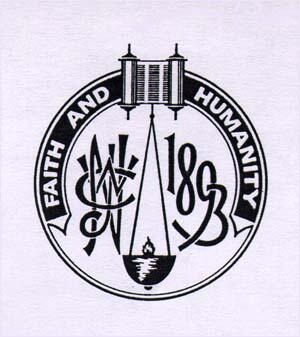Los Angeles Council of Jewish Women opens day nursery
On February 13, 1913, the Los Angeles chapter of the National Council of Jewish Women (NCJW) opened a day nursery for the children of working mothers. The nursery was expected to "lighten the burden of mothers who are compelled to labor in the factories, laundries and shops." The children were to be provided with milk, paid for by the ten-cent nursery fee, and any children deemed "unkept" would be bathed and given clean clothes.
Like many such projects, the Los Angeles nursery served two purposes: it aided working women by providing low-cost child care, but it also sought to teach them how to care for their children. To that end, the provision of baths and clothes was seen as an "object lesson" to mothers. These mothers, many probably immigrants, were to be taught American norms of cleanliness and dress.
The nursery project thus reflected broader trends in women's reform work of this period. The National Council of Jewish Women, which had initially focused on preserving Judaism among Americanized women, shifted its focus to social work after debates over proper religious observance split the group at its 1913 convention. In focusing on immigrant aid—including Americanization classes, practical job training, and settlement houses—the women of the NCJW and its Los Angeles chapter joined thousands of others in transferring women's traditional caretaking roles from the home into the broader world.
To learn more about the National Council of Jewish Women, visit Jewish Women: A Comprehensive Historical Encyclopedia.
Sources:Jewish Women in America: An Historical Encyclopedia, pp. 968-979; Los Angeles Times, February 14, 1913; Faith Rogow, Gone to Another Meeting: The National Council of Jewish Women, 1893-1993 (Tuscaloosa, Ala, 1993).



